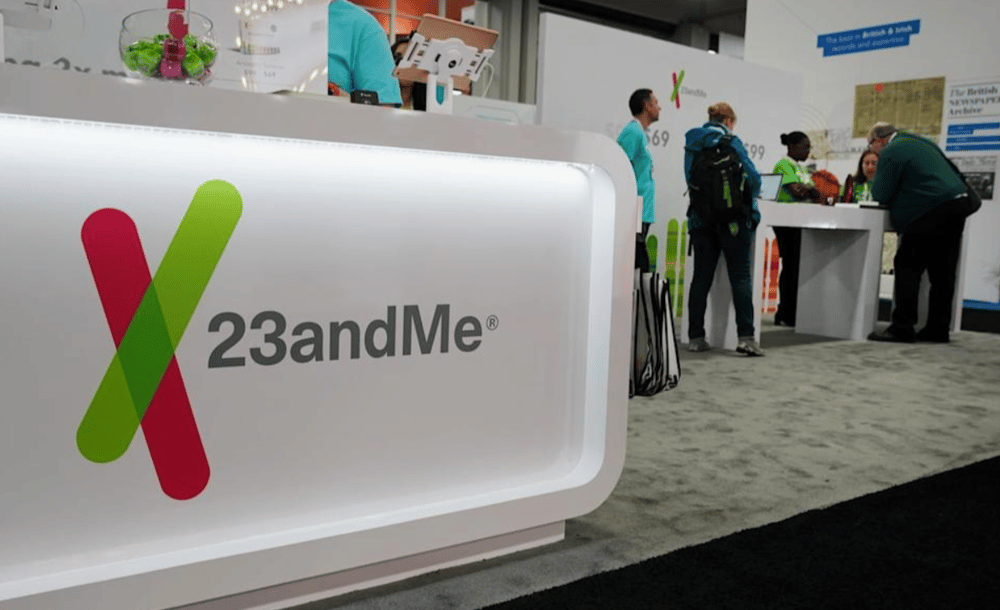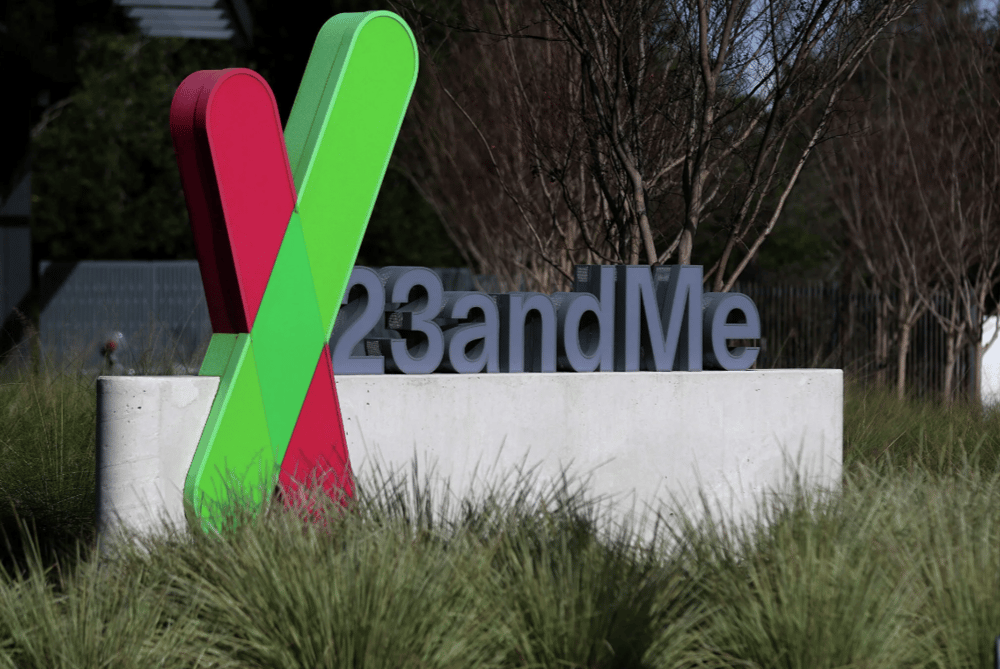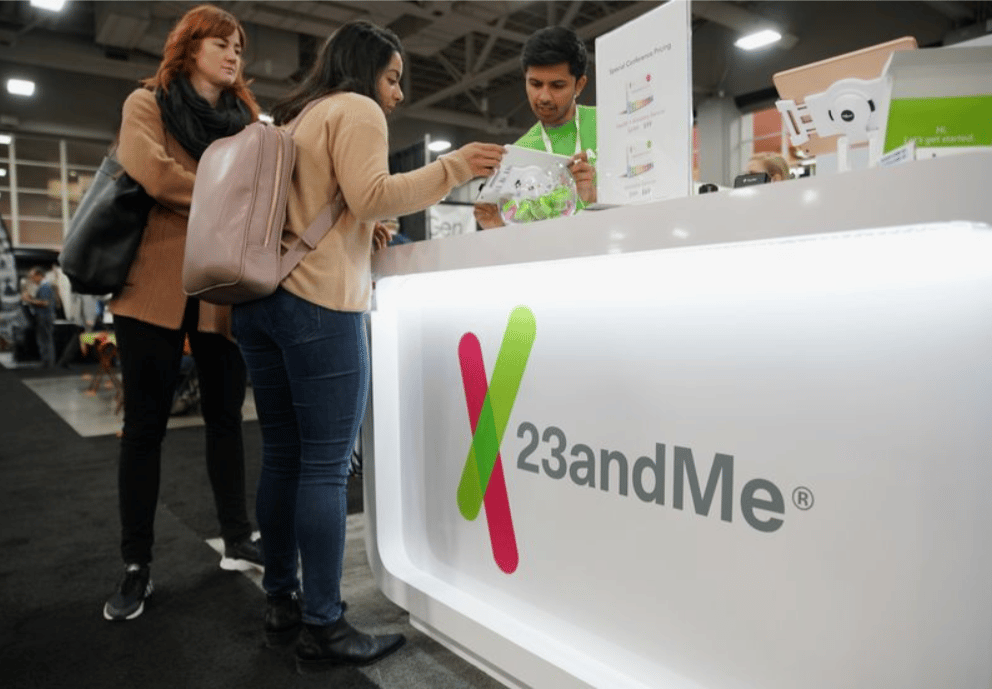23andMe Faces Lawsuit from 27 U.S. States over Sale of Genetic Data amid Bankruptcy Filing
In a major legal move with profound implications for biotech, privacy rights, and consumer protection, 27 U.S. states and Washington, D.C. have filed a lawsuit against personal genomics firm 23andMe $ME , alleging the unauthorized sale of DNA and personal genetic data during its Chapter 11 bankruptcy process.
The lawsuit seeks to block any transfer or monetization of user data without explicit informed consent, citing violations of state privacy laws and federal consumer protection statutes. The legal action follows 23andMe's announcement of a bankruptcy filing, aimed at restructuring its operations amid ongoing financial strain and reputational challenges related to previous data breaches.
Data Privacy Under Scrutiny: Genetic Information as a Commercial Asset
The case against 23andMe underscores growing concerns about how companies treat sensitive biometric and genetic data as financial assets, especially in distressed sale environments. At stake is whether consumers retain ownership over their genomic information or whether such data can be sold as part of a corporate liquidation.
Legal experts argue that while personal data is often considered an intangible asset, the distinct nature of genetic information—which contains immutable, deeply personal insights into health, ancestry, and familial relationships—demands stricter ethical and legal safeguards.
23andMe has built one of the world’s largest genetic datasets, reportedly containing information from more than 14 million users. Plaintiffs argue that bankruptcy proceedings do not nullify consent agreements or privacy promises, and any sale or transfer of such data could violate biometric privacy laws, including those modeled after the Illinois Biometric Information Privacy Act (BIPA).

🔹 Quick Facts:
🧬 23andMe: U.S.-based personal genomics company
📉 Bankruptcy Filed: Chapter 11 restructuring amid financial and legal pressure
⚖️ Legal Action: 27 U.S. states + D.C. filed lawsuit blocking data sale
🔐 Privacy Risk: Concerns over sale of sensitive biometric/genetic data
📊 Data Scale: Over 14 million DNA profiles in 23andMe's possession
Market Impact and Legal Commentary
While 23andMe's stock had already been under pressure before the bankruptcy, the announcement of a multi-state lawsuit could further diminish investor confidence, particularly in the biotech and direct-to-consumer health tech sectors. The company’s financial and operational future now hinges not only on creditor negotiations but also on the outcome of this significant legal challenge.
Privacy advocacy groups and legal scholars have praised the coordinated legal response, noting that it may set precedents for data handling in future tech bankruptcies. Critics argue that monetizing genetic data without renewed consent undermines both consumer trust and the integrity of biomedical research infrastructure.
Additionally, regulators are likely to revisit how data ownership is codified in corporate charters, especially for companies dealing in health-related personal data. The Federal Trade Commission (FTC) may also increase its scrutiny, given its prior enforcement actions around misleading consent policies in the health tech space.

🔑 Key Points:
23andMe faces a multi-state lawsuit to stop the sale of consumer DNA data amid bankruptcy.
Over 14 million users may be impacted by potential transfer of sensitive genetic information.
States argue that consent agreements remain legally binding despite insolvency.
Lawsuit highlights broader issues around biometric privacy and data ownership.
Implications could ripple across the biotech, fintech, and healthtech ecosystems.
Redefining Data Ethics in Corporate Insolvency
The 23andMe case brings to the forefront a critical debate: Can genetic data be treated like any other asset in bankruptcy, or does its deeply personal nature require a separate legal and ethical framework? As courts examine the case, the outcome may redefine the boundaries of data monetization, not only for genomic firms but across the entire digital health and tech industries.
If the states prevail, this could establish new norms for user consent, data fiduciary responsibility, and biometric data protection—potentially influencing legislation at both the state and federal levels. At a time when data is currency, the 23andMe lawsuit may become a landmark case for the rights of digital citizens in the age of genomics.















Comments